Security system - wired or wireless?
lizzieplace
9 years ago
Related Stories

MORE ROOMSHome Tech: Getting Rid of Wires Without Sacrificing Sound
Wireless home technology still isn't perfect, but new products are giving audiophiles choices
Full Story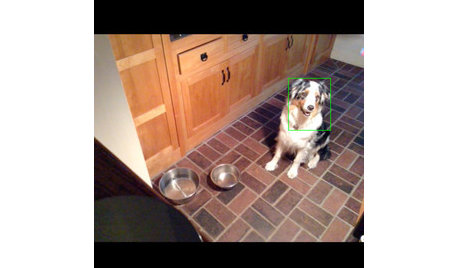
HOME TECHTurn Your Smart Phone Into a Home Security System
Monitor your home a less expensive way by putting your phone and some new gadgets to work
Full Story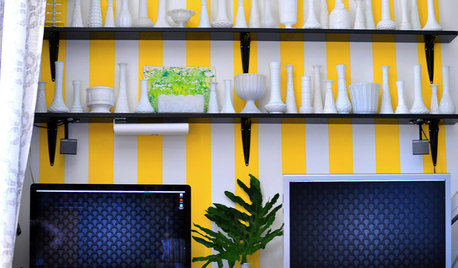
ACCESSORIESHow to Hide Those Messy Wires
Untangle Yourself From Ugly Electrical Cords With a Few Tricks and Accessories
Full Story
HOME TECHTote Your Tunes to Any Room With a Portable Wi-Fi Sound System
Free your home's music setup from wires with Wi-Fi speakers that let you take high-quality audio anywhere
Full Story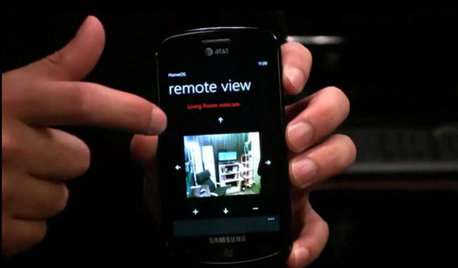
HOME TECHDoes Your Home Need an Operating System?
New technologies hope to unify the lawless frontier of home-automation products. Would they work for you?
Full Story
FENCES AND GATESModern Fencing for a More Secure Home
Deter would-be burglars without robbing your home of style, by installing a modern fence like one of these
Full Story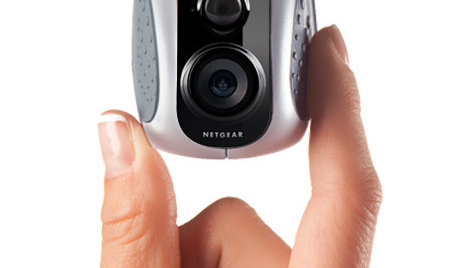
HOME TECHWatch It! New Cameras Let You Video Chat, Stay Secure and More
Wouldn't it be great to have a single camera for home security, checking pets, chatting online and making videos? Now you can
Full Story
HOME TECHHigh-Tech Tips for Securing Your House While You're Away
Prevent burglaries when you're traveling by using the latest gadgets, apps and online services
Full Story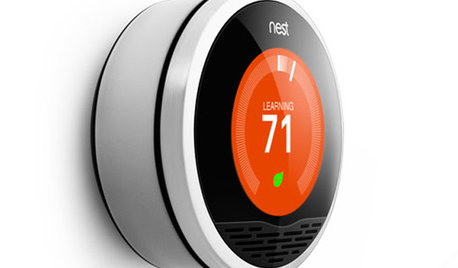
HOME TECHHome Tech: There's an Easier, Affordable Future for Home Automation
Say goodbye to the headaches and high price of current systems, and hello to home automation products for the masses
Full Story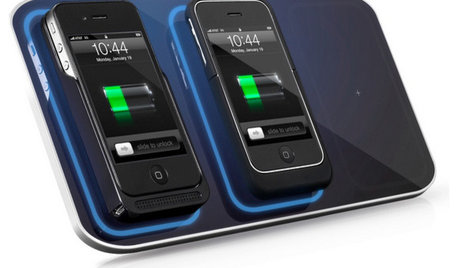
HOME TECHReady to Bid Good Riddance to Charging Cords?
A new breed of base stations will reduce wires, decluttering homes and saving sanity everywhere
Full StorySponsored
Custom Craftsmanship & Construction Solutions in Franklin County
More Discussions







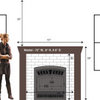

njbuilding143
kayakboy
Related Professionals
Taylors Architects & Building Designers · Four Corners Home Builders · Fredericksburg Home Builders · Vista Park Home Builders · West Hempstead Home Builders · Athens General Contractors · Dunedin General Contractors · Groton General Contractors · Jackson General Contractors · Jamestown General Contractors · Parsons General Contractors · Tuckahoe General Contractors · Austintown General Contractors · Travilah General Contractors · Baileys Crossroads General Contractorsdreamgarden
njbuilding143
mdln
njbuilding143
kayakboy
nicinus
jgopp
MFatt16
nepool
lizzieplaceOriginal Author
njbuilding143
kayakboy
nepool
kayakboy
Bruce in Northern Virginia
lizzieplaceOriginal Author